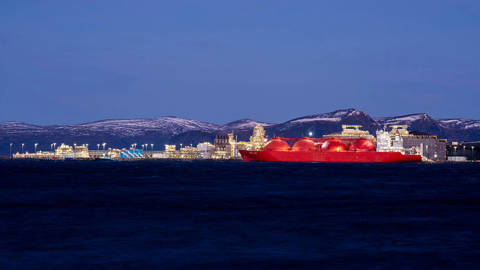https://prosyn.org/5foZeWt
New Comment
Email this piece to a friend
Contact us
Please select an option
Please wait, fetching the form
Please wait, fetching the form
Please wait, fetching the form
Please wait, fetching the form
Please wait, fetching the form
Please wait, fetching the form
Please wait, fetching the form
We hope you're enjoying our PS content
To have unlimited access to our content including in-depth commentaries, book reviews, exclusive interviews, PS OnPoint and PS The Big Picture, please subscribe










How does one describe an economy betwixt and between boom and slump – the state of much of the world today? Growth is too low, unemployment is too high, but the economy is not actually contracting, but bouncing along somewhere near zero growth, with bursts of low growth interspersed with plunges into negative territory. Keynes talked about ‘long dragging conditions of semi-slump, or at least sub-normal prosperity’; another phrase he used was ‘chronic invalidism’. In these ways he tried to denote a condition in which there was no tendency to become either much healthier or much sicker. Technically, this was his state of ‘under-employment equilibrium’.
HOLIDAY SALE: PS for less than $0.7 per week
At a time when democracy is under threat, there is an urgent need for incisive, informed analysis of the issues and questions driving the news – just what PS has always provided. Subscribe now and save $50 on a new subscription.
Subscribe Now
We’re always trying to detect trends: any quarter’s major indicator is extrapolated into a trend, favourable or unfavourable. The international organisations do this the whole time, which is why their macroeconomic growth forecasts are revised each quarter. But suppose there is no trend, just an oscillation, with brief spurts of growth followed by collapses?
This brings me to the real point: to be able confidently to predict a trend one has to have a reason for doing so other than the numbers themselves. For a positive or negative indicator may tell you nothing more than there has been some positive or negative bit of noise which has temporarily lifted or depressed animal spirits. Thus the UK’s burst of growth in Q3 2012 seems to have been due to the temporary boost of the Olympics. But analysts who should have known better thought that it marked the start of the recovery; the next quarter was negative again.
So when people tell me that we have ‘turned the corner,’ I want to know why they think so. At present I don’t see any convincing reason to believe this. UK GDP per capita is 6% lower than its pre-crisis peak. Average real incomes have been falling for the past five years. In the UK the fall has been the largest among advanced economies. These incomes provide the markets for goods and services. So where is the growth coming from?